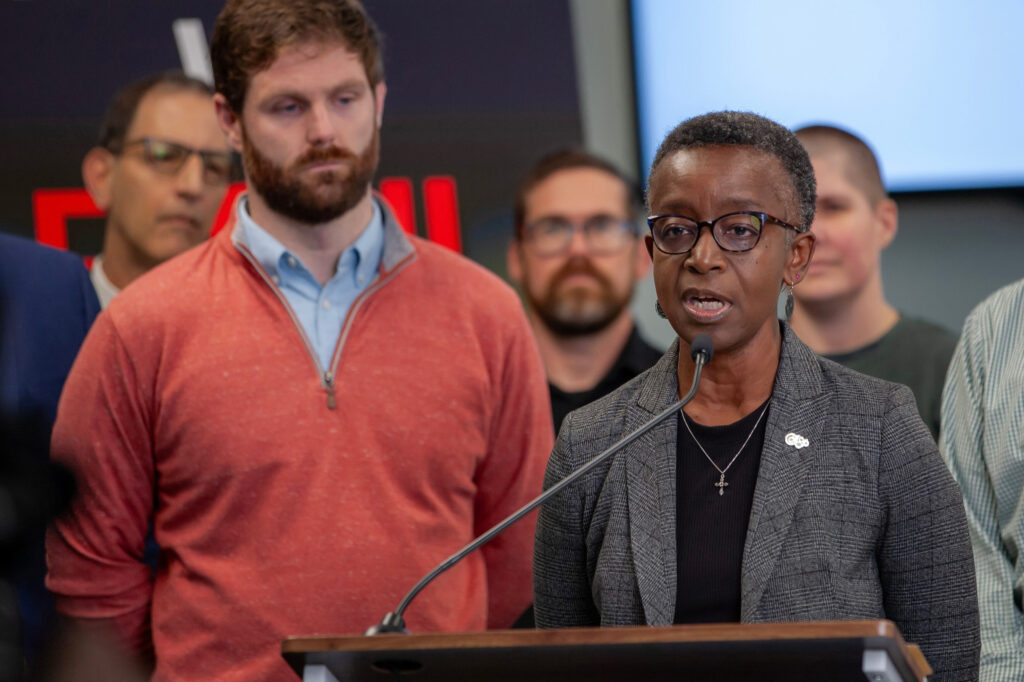The ongoing legal battle between Carrboro and Duke Energy highlights a critical intersection of climate accountability and corporate responsibility. As the town seeks to recover $20 million in damages from Tropical Depression Chantal, the case raises profound questions about the implications of climate misinformation. Carrboro's argument hinges on the assertion that Duke Energy has misled the public regarding the relationship between climate change and severe weather events, potentially influencing policy and public perception. This case marks a pivotal moment in climate litigation, as it challenges the traditional boundaries of liability and accountability for companies that have historically funded climate denial campaigns.
The outcome of this case could set a significant precedent for future climate-related lawsuits, particularly regarding corporate accountability for environmental misinformation. If the jury finds Duke Energy liable, it may open the floodgates for similar claims across the nation, compelling companies to reconsider their public stances on climate change and their funding of denialist efforts. This legal scrutiny not only underscores the urgency of addressing climate impacts but also emphasizes the need for transparency and honesty in corporate communications about environmental issues. As climate-related damages escalate, the implications for corporate governance and public trust in energy companies could be profound.









